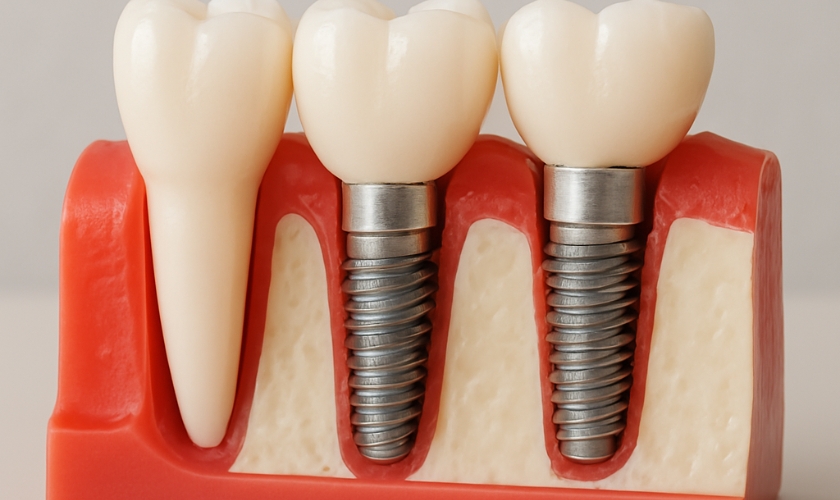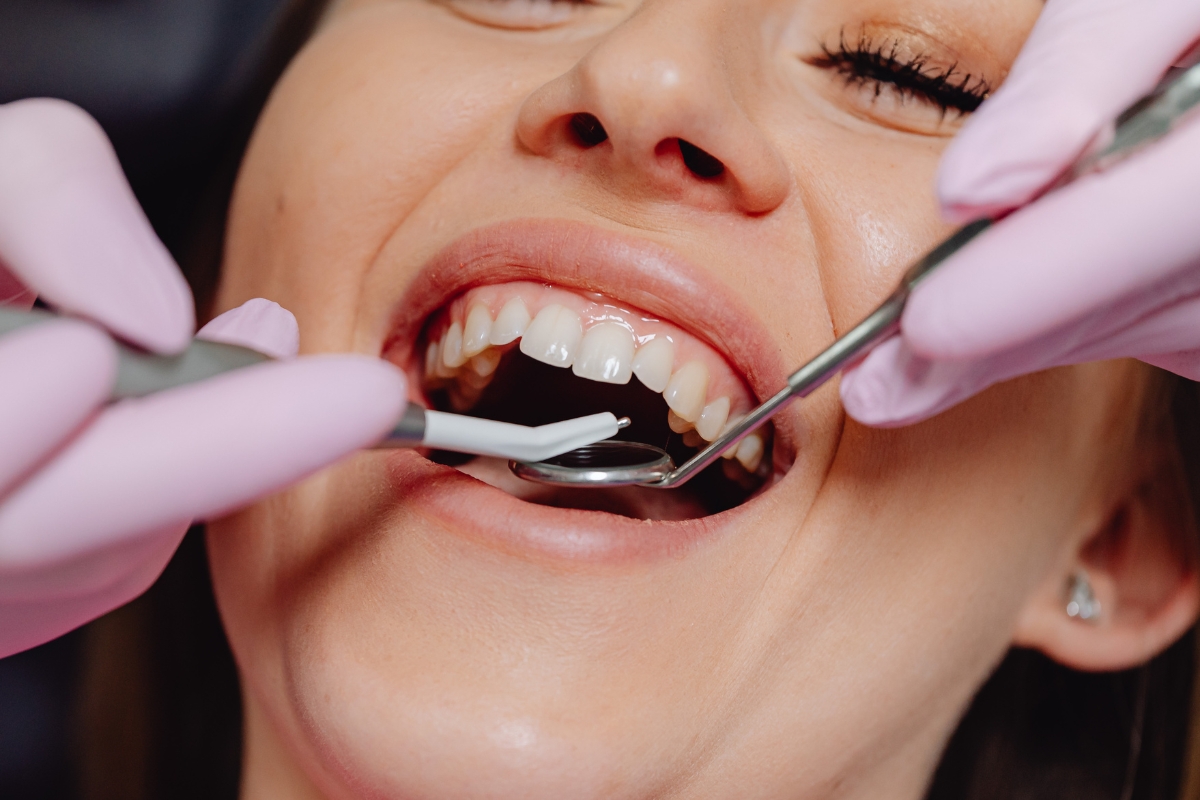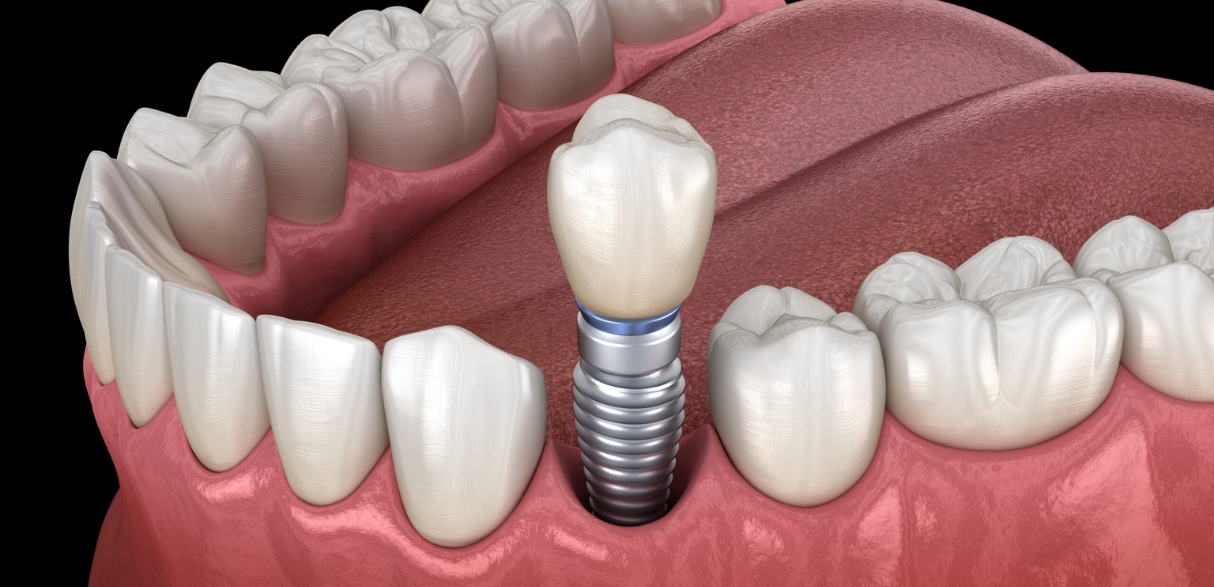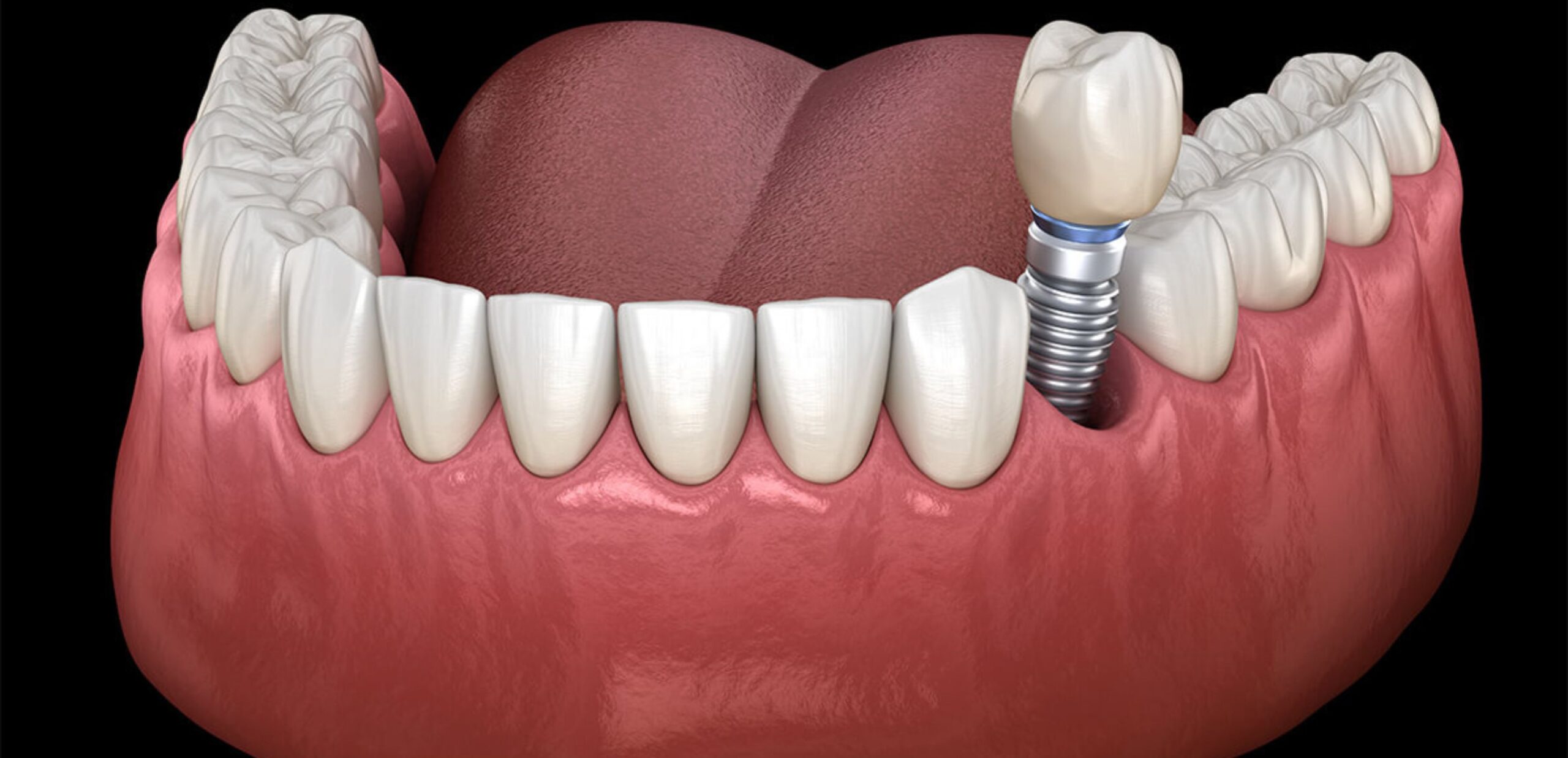
Dental implants provide a modern solution for a permanent and natural-looking replacement if you have lost teeth. They’re strong, durable, and can last for decades. But just like anything else in your mouth, they’re not totally invincible.
So the big question is: when do dental implants need to be replaced? Let’s dive in and uncover what to watch for, what affects their longevity, and how to ensure your implants last the distance.
Durability of a Dental Implant
The good news? Dental implants are designed to last 10–30 years or longer with proper care and maintenance. The implant itself— the titanium post inserted into your jaw —often lasts a lifetime. However, the crown attached to it may need replacement sooner due to normal wear and tear.
But several factors can influence their longevity, including:
- Oral hygiene habits.
- Jawbone Health.
- Lifestyle choices (like smoking).
- Medical conditions (e.g., diabetes or osteoporosis).
Even if everything seems fine on the surface, issues can develop underneath.
Red Flags: Signs For Implant Replacement
Your dental implant won’t have an expiration date, but your body will give you clues when something is not right.
Here are the significant warning signs:
1. Persistent Pain or Discomfort
While mild soreness after implant surgery is normal, ongoing or sharp pain months or years later isn’t. It could point to infection, nerve damage, or implant failure.
2. Gum Inflammation or Recession
Swollen, red, or bleeding gums around your implant could be early signs of peri-implantitis—a condition similar to gum disease that affects the tissues supporting the implant.
3. Loose Crown or Post
Your implant should feel rock-solid. If it moves or feels wobbly, something’s definitely off. A loose crown might be fixable, but a loose post may mean the implant itself is failing.
4. Difficulty Chewing or Biting
Dental implants in Chatsworth are meant to restore normal chewing function. If you suddenly find it uncomfortable to eat, it might be time to get it checked.
5. Visible Wear & Tear
The crown on top of your implant assumes the same functions as a natural tooth, and it can chip, crack, or wear down over time.
According to the American Association of Oral and Maxillofacial Surgeons, dental implants have a success rate of up to 98%. However, failure can still occur, especially within the first 10 years, if proper care is not maintained.
When Is A Replacement Required?
You might not always need to replace the full implant. Here’s what typically happens:
- Crown Replacement: This is the most common issue. Crowns usually last 10–15 years before needing replacement.
- Abutment Issues: The connecting piece may become damaged or worn over time and might need repair or replacement.
- Implant Post Failure: This is a more serious issue. It usually happens due to infection, bone loss, or trauma. Replacement may require removing the implant and undergoing bone grafting before re-implantation.
The key is early detection. Regular dental checkups can catch problems before they turn into expensive and painful emergencies.
Do These To Extend The Life of Your Dental Implants
Want your dental implant to last a lifetime? It starts with everyday care.
Here’s what you can do:
- Brush and floss daily (yes, implants need TLC too!).
- Use a soft-bristled toothbrush to protect gum tissue.
- Rinse with a fluoride mouthwash to kill bacteria.
- Avoid smoking, which reduces blood flow and healing.
- Visit our dentist regularly for checkups and cleanings.
- Limit sugary or acidic foods, which can damage surrounding teeth and gums.
Treat your dental implant like a real tooth, and it’ll reward you with years of confident smiles.
Don’t Ignore The Signs
Dental implants are a fantastic investment in your oral health. But like any investment, they need maintenance. If you notice pain, swelling, or any changes in how your implant feels or functions, don’t wait. Acting early can save you time, money, and discomfort.
With consistent care and regular dental visits, your dental implants can provide you with decades of strength and beauty. However, knowing when it’s time for a replacement can make all the difference between maintaining a flawless smile and facing complications.



